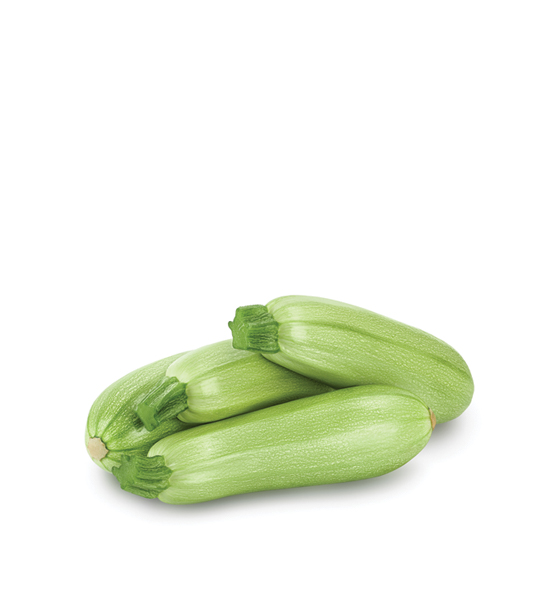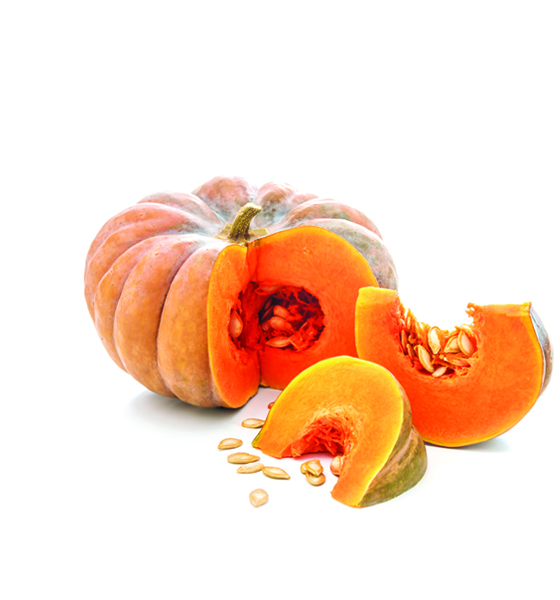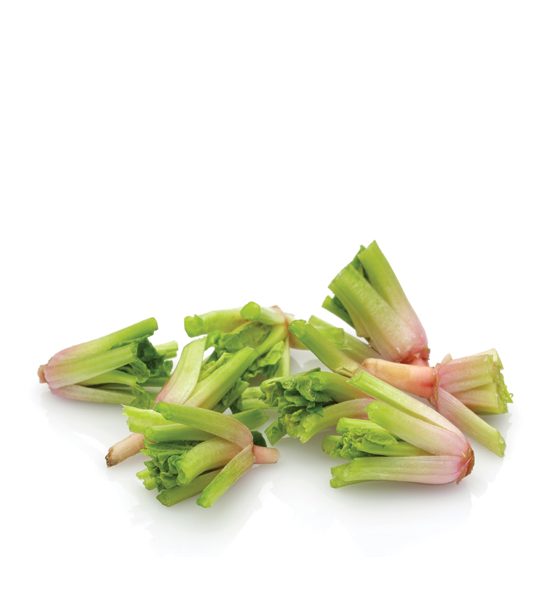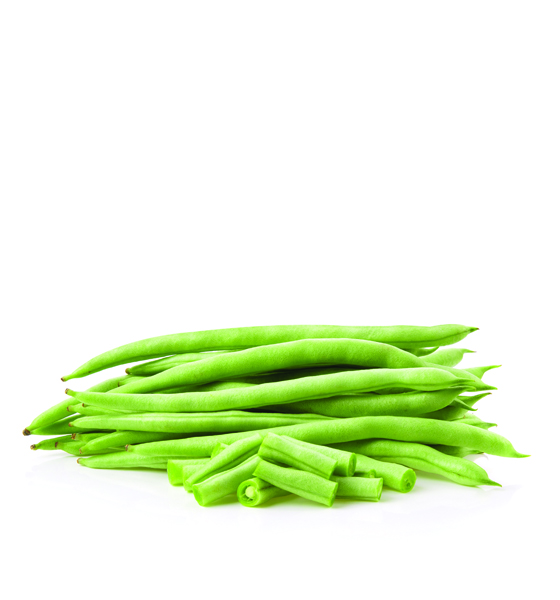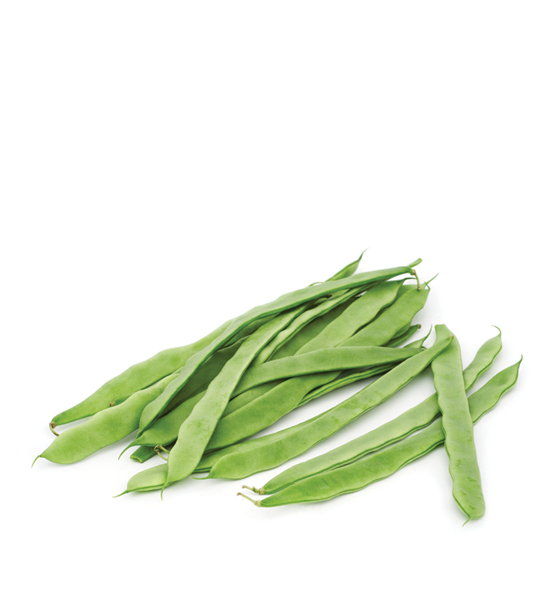ZUCCHINI
Zucchini is a summer vegetable and a representative plant of the Cucurbitaceae family. Its native land is believed to be North America, and it is argued that the word “zucchini” in American English is derived from the language of Native Americans. The herbaceous zucchini plant, which is grown in almost every part of our country, has a creeping stem with a corner section that can grow a few meters tall. This stem has leeches with hard hairs like thorns that help the plant to adhere. The plant’s leaves are large, coarse, and covered with thorn-like hairs. In its single-chambered yellow flowers, the bases of the calyx and corolla are adnate. The fruit of the plant, called zucchini, is fleshy and watery. It contains seeds called zucchini seeds. This fruit, which is fresh vegetables, is used to make various plain, olive oil, and meat dishes. The mature seeds of the fruit are removed and roasted and consumed as a snack. In addition, in some regions, the male flowers of the zucchini are harvested and used like grape leaves in dolma. There is also a variety called winter squash grown under the name sweet pumpkin. In addition, a variety of zucchini used for decorative purposes is grown in our country. In 100 grams of zucchini plant; It contains 14 calories of energy, 0.5 grams of protein; 3.1 g. Carbohydrate; 0.1 g Fiber 0.6 g Phosphorus 25 mg. Calcium 25 mg Iron 0.4 mg Sodium 1 mg Potassium 141 mg Vitamin A 390 IU Vitamin B1 0.05 mg. Vitamin B2 contains 0.08 mg.
SPECIFICATIONS
Country: TURKEY
Size/Weight: (+) 200 gms
Packaging Weight: 03 | 05
Description
BENEFITS
Zucchini is an easily digestible vegetable, making it a common inclusion in the diets of the sick and elderly. It has a preventive effect against various cancers, particularly lung cancer. According to our sources, zucchini reduces the risk of esophageal, stomach, bladder, laryngeal, and prostate cancers. Mature and fresh zucchini seeds, like those of sweet pumpkins, have worm-expelling effects without containing any toxic substances: Therefore, peeled but not roasted seeds are fed to adults on an empty stomach, 50-100 g per day, and to children, 30-40 g.

